dialogues
Horn of Africa
The Horn of Africa is experiencing a period of great turbulence. The tentative optimism of 2018 and 2019, brought about by the apparent onset of peaceful political transitions and promising signs of economic growth, has since made way for serious concern. The fragile agreement ending the conflict in Tigray in 2022, and the outbreak of war in Sudan in 2023 have been re-ordering the political and security dynamics in the Horn of Africa, with profound implications for the region’s stability. The humanitarian landscape is deeply fragile, with unrest and armed conflicts affecting civilians, food shortages for millions of people, and a climate-induced crisis plaguing the entire region. In a context where local conflicts have far-reaching cross-border effects, and regional alliances and tensions are amplified by the support of key international actors, DAG discreetly engages and advises national, regional and international actors involved in the region to strengthen efforts for de-escalation and stabilisation.
Democratic Republic
of The Congo
There is a proliferation of armed groups in eastern Democratic Republic of the Congo (DRC). This has fuelled violence in the region for more than two decades. This violence has been exacerbated by the spillover of armed conflicts in neighbouring countries. Since 2010, DAG has initiated dialogues with representatives from the Congolese government and armed groups, as well as, international actors to reduce violence. Drawing on local insight as well as international expertise, DAG supports national and international efforts to disarm, demobilise and reintegrate (DDR) key armed groups and contribute to sustainable solutions to armed conflict in the Great Lakes region.
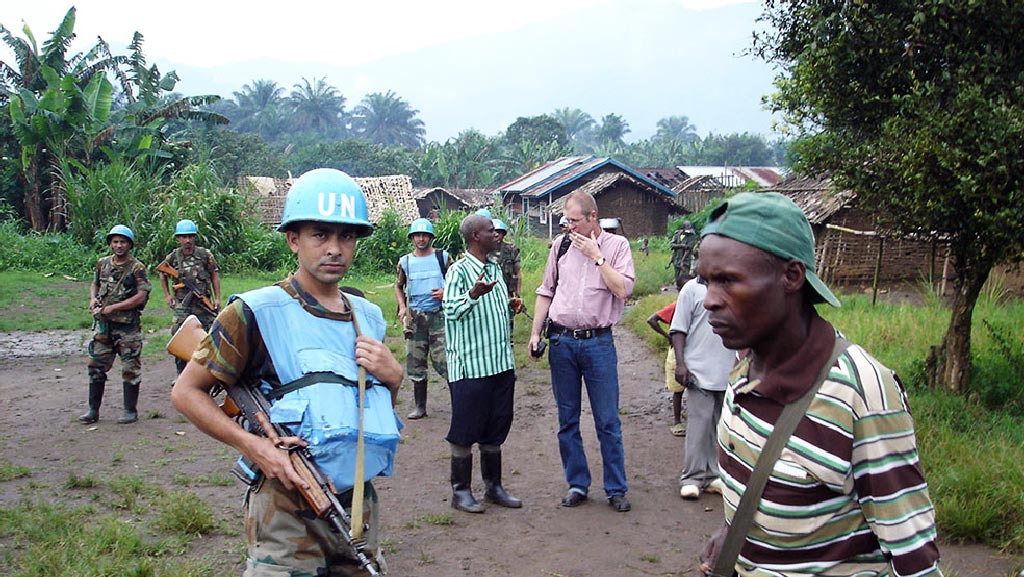
DAG trip to eastern DRC
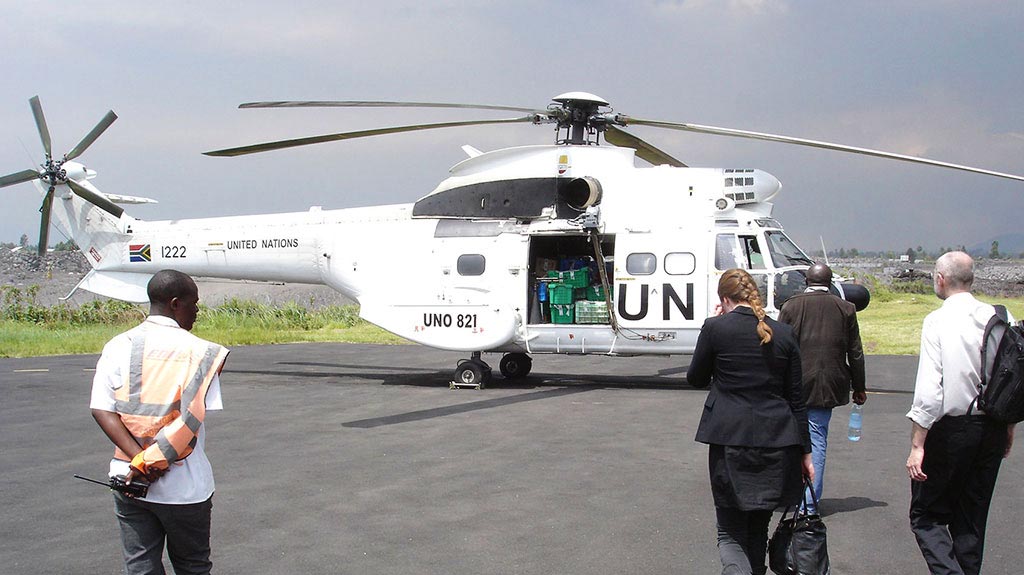
DAG team boards a UN helicopter in eastern DRC
Libya
Libyans overthrew longtime dictator, Colonel Muammar Gaddafi, with NATO’s intervention in 2011. Since then, Libya has been mired in a protracted armed conflict, fuelled by the links between local, regional and international actors. The local armed groups represent multiple centres of political and military power – cities, tribes, militias, businesses and individuals – within Libya. They are broadly arrayed under two competing political and military alliances - western armed groups linked to the internationally recognised government in Tripoli and the eastern-based Libyan National Army linked to the legally recognised House of Representatives. Renewed international efforts under UN auspices to end the fighting led to an intra-Libyan Dialogue in 2020. This paved the way for a ceasefire agreement signed on 23 October 2020 and the establishment in Tripoli of a new Government of National Unity. Since then, UN efforts have sought to shape a Libyan-led roadmap for holding national elections and unifying institutions in the country. For the past ten years, DAG has been engaging with armed groups in Libya, as well as international actors, to facilitate political and security dialogues.
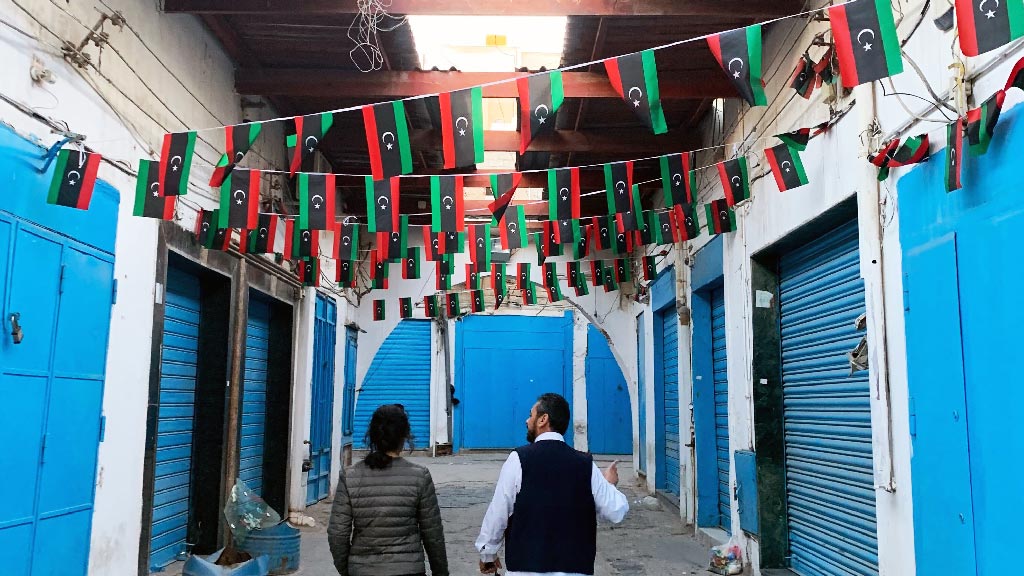
DAG trip to Tripoli
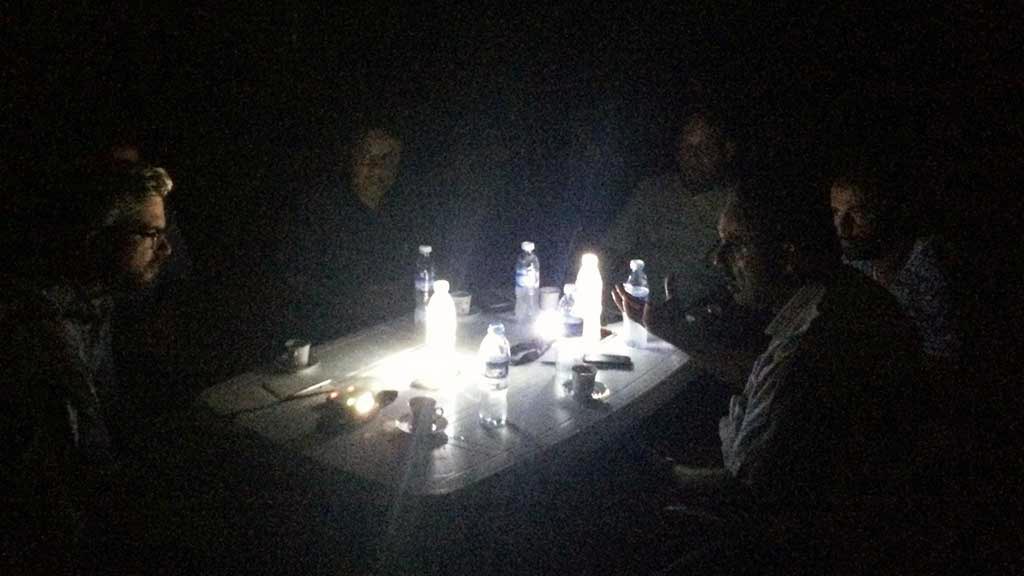
DAG meeting with armed group commanders in Libya
Sri Lanka
Sri Lanka’s armed conflict ended in 2009 with the defeat of the Tamil Tigers. Following the conflict, Sri Lanka continues to struggle with the challenges of national reconciliation among communities, accountability for war crimes and autonomy for ethnic minorities. DAG’s director served on the board of the former President’s Office of National Unity and Reconciliation from 2015-2019. Following the Easter bombings he also served on the National Security Advisory Board.
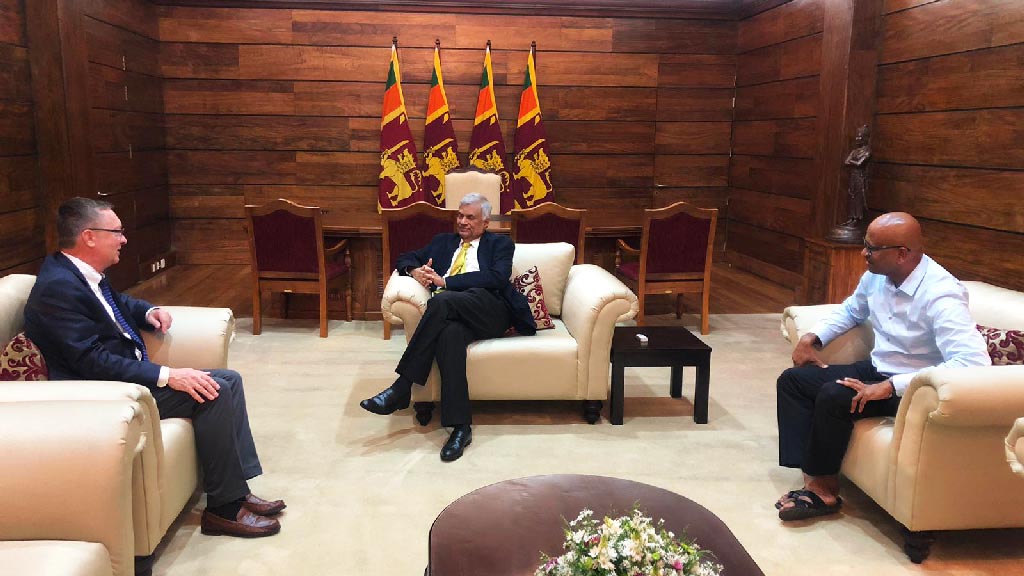
DAG meeting with then Prime Minister and current President Ranil Wickremesinghe.
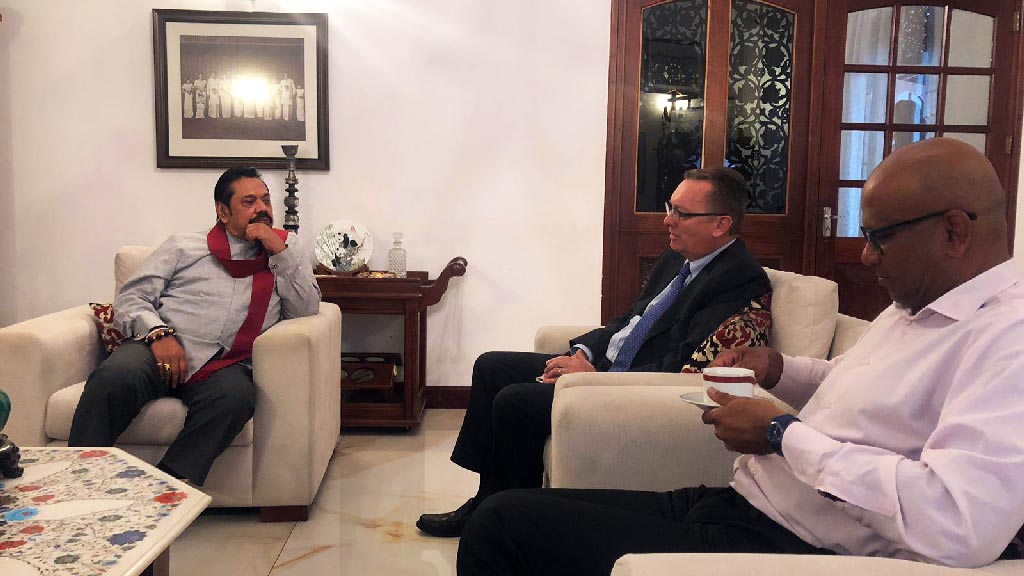
DAG meeting with former Prime Minister of Sri Lanka Mahinda Rajapaksa.
previous dialogues
Iraq
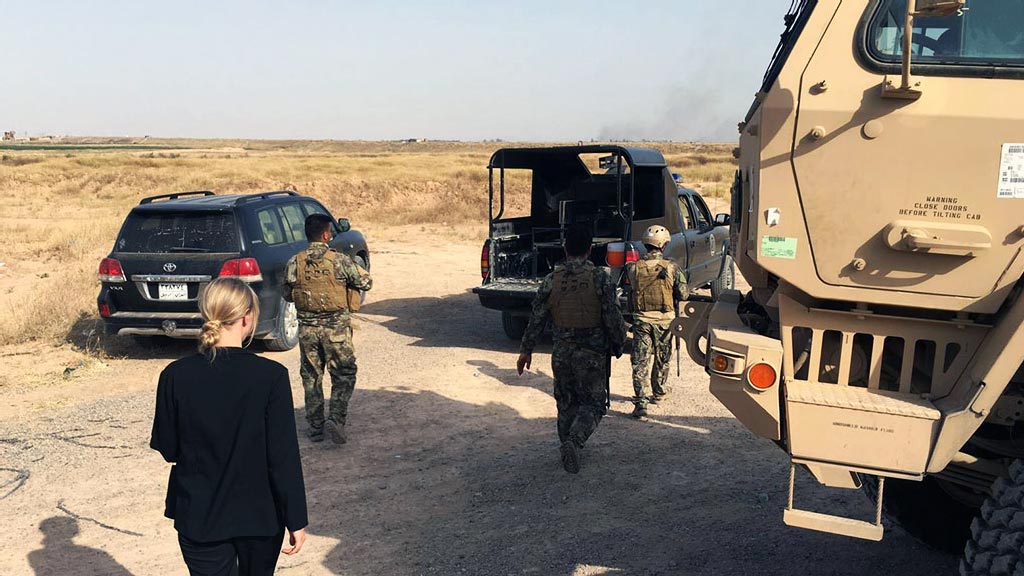
DAG trip to northern Iraq
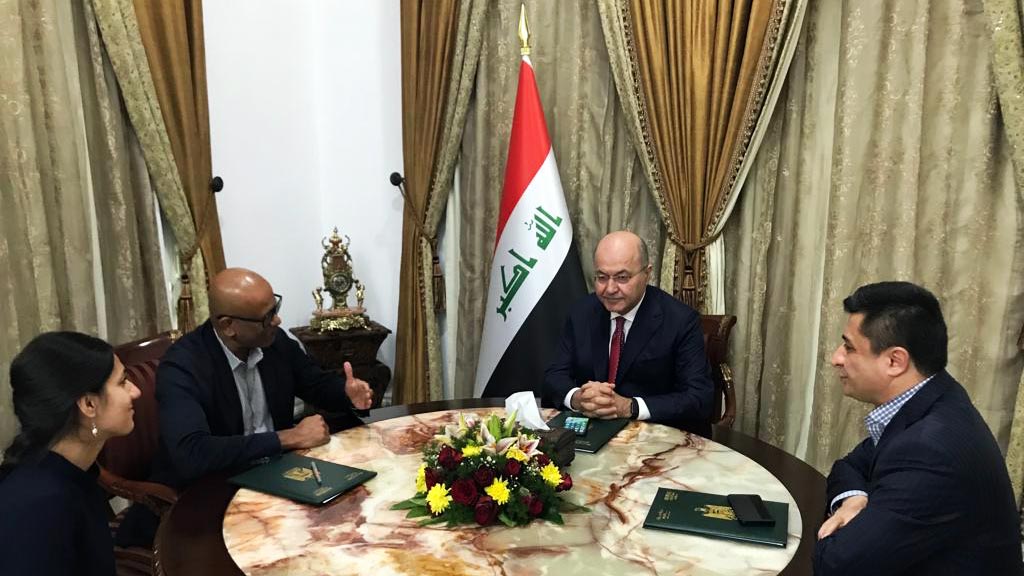
DAG’s Director meets with the President of Iraq, Barham Salih
Basque Country
DAG established and led a commission to verify the ceasefire announced by Euskadi Ta Askatasuna (ETA) – the Basque separatist group – in January 2011. Over a period of six years (2011-2017) the Commission verified ETA’s ceasefire, witnessed the first sealing of weapons by ETA, and finally facilitated and observed ETA’s disarmament. The Commission received information regarding the location of ETA’s weapons, ammunition and explosives and conveyed this to the French authorities. The then French Minister of Interior described the disarmament as a “great step” towards peace and security in Europe. The Commission worked closely with the Basque government, political parties, trade unions and the Basque business association. It also received the official support of the Basque and Navarre Parliaments and the head of the Basque region in France.
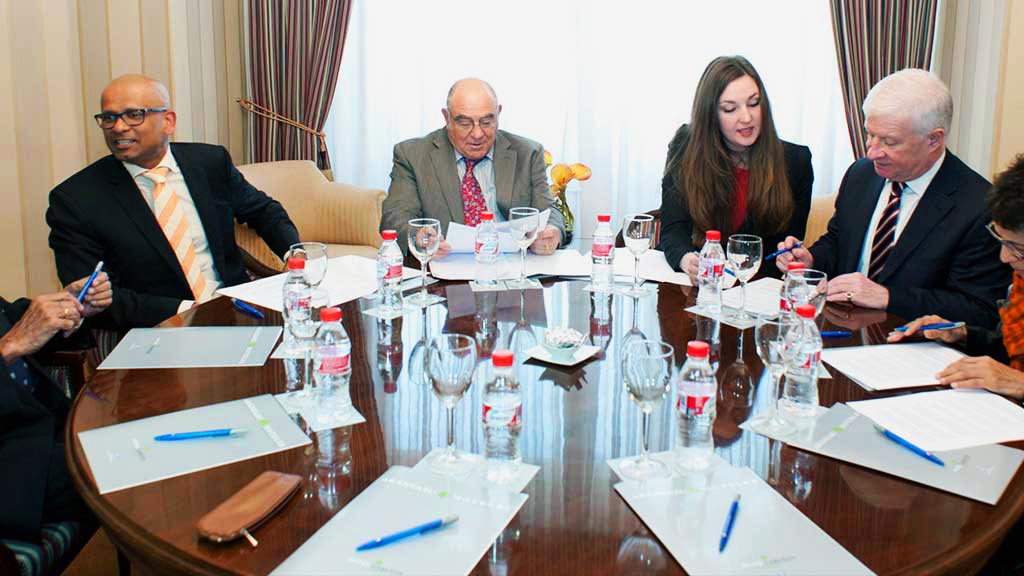
International Verification Commission meeting in Bilbao
BBC video on ETA’s Disarmament
Northern Ireland
DAG jointly facilitated the decommissioning of weapons of the Irish National Liberation Army (INLA) and mediated an agreement between dissident Republican prisoners in Maghaberry prison and the Northern Ireland Prison Services (NIPS). DAG collaborated in this work with the Irish Congress of Trade Unions and Creggan Enterprises (a community foundation in Derry).
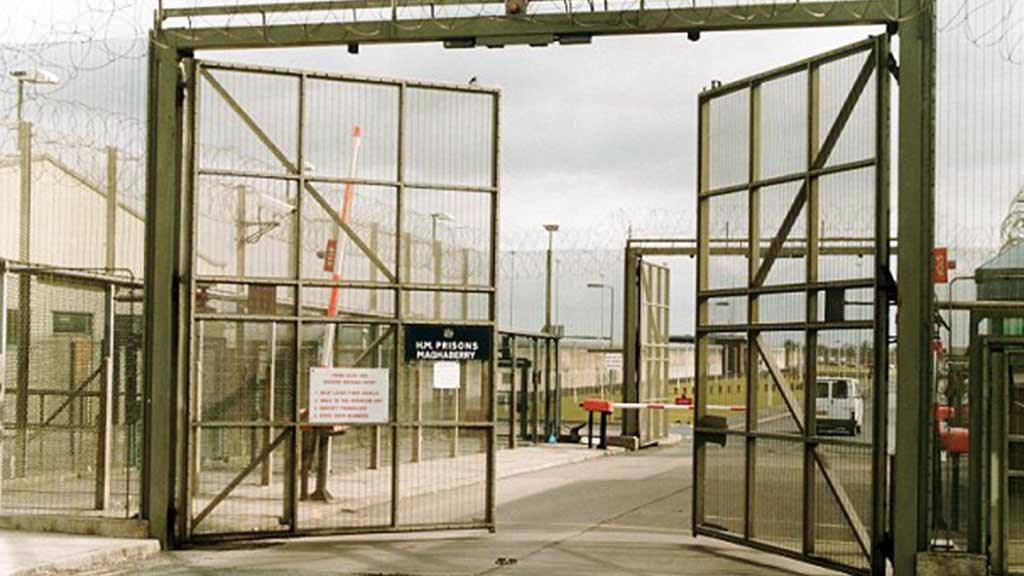
Maghaberry prison